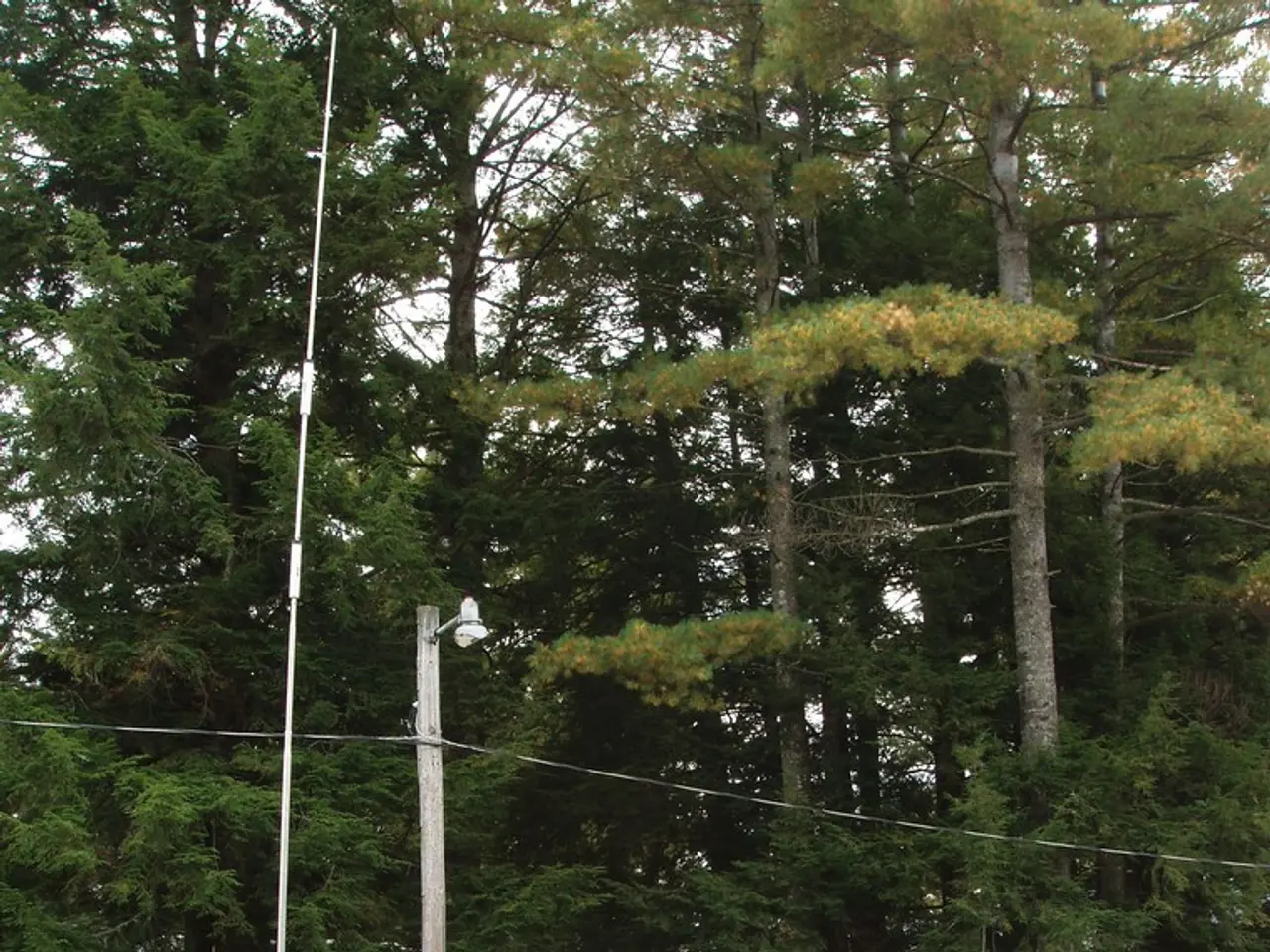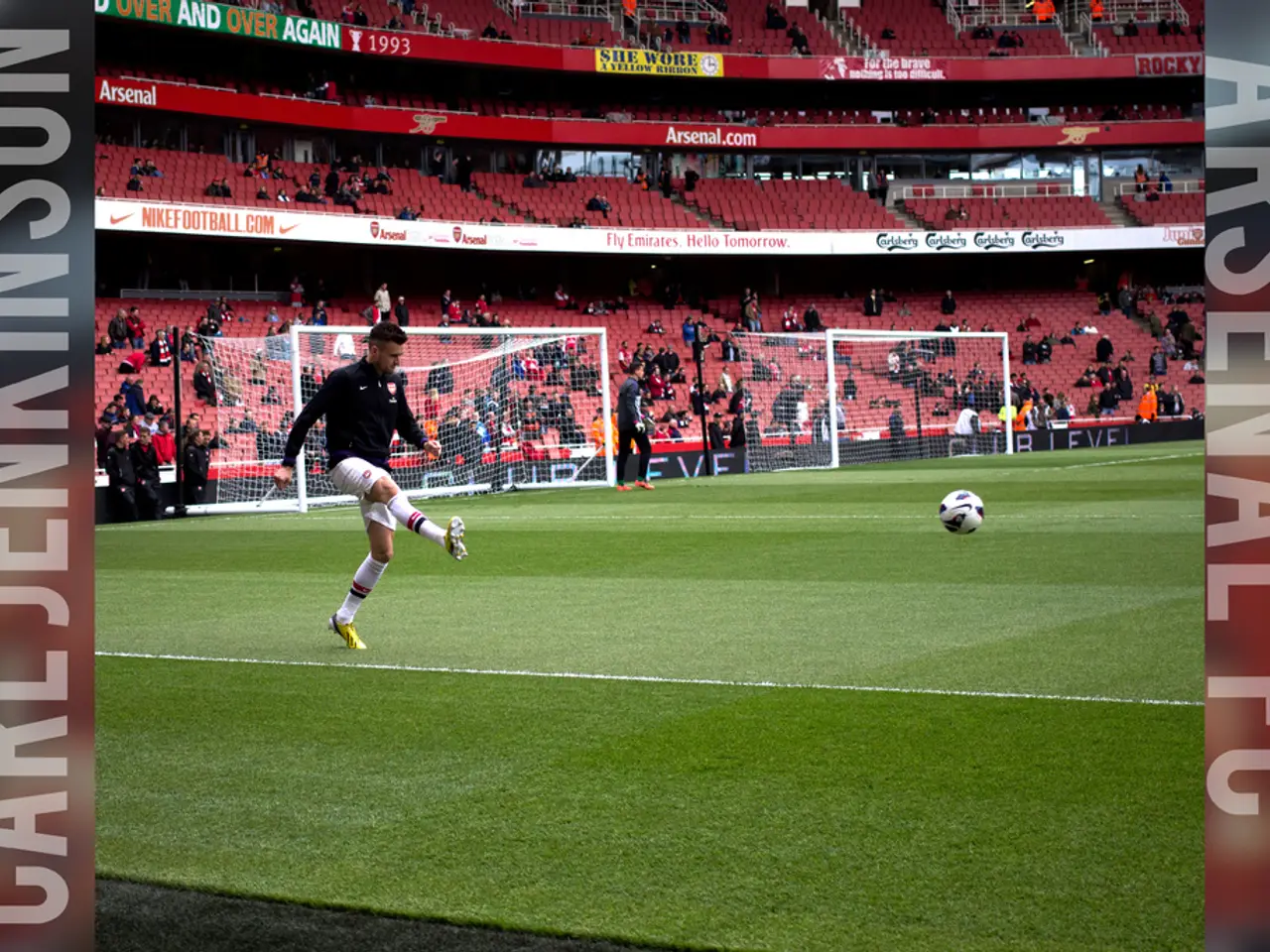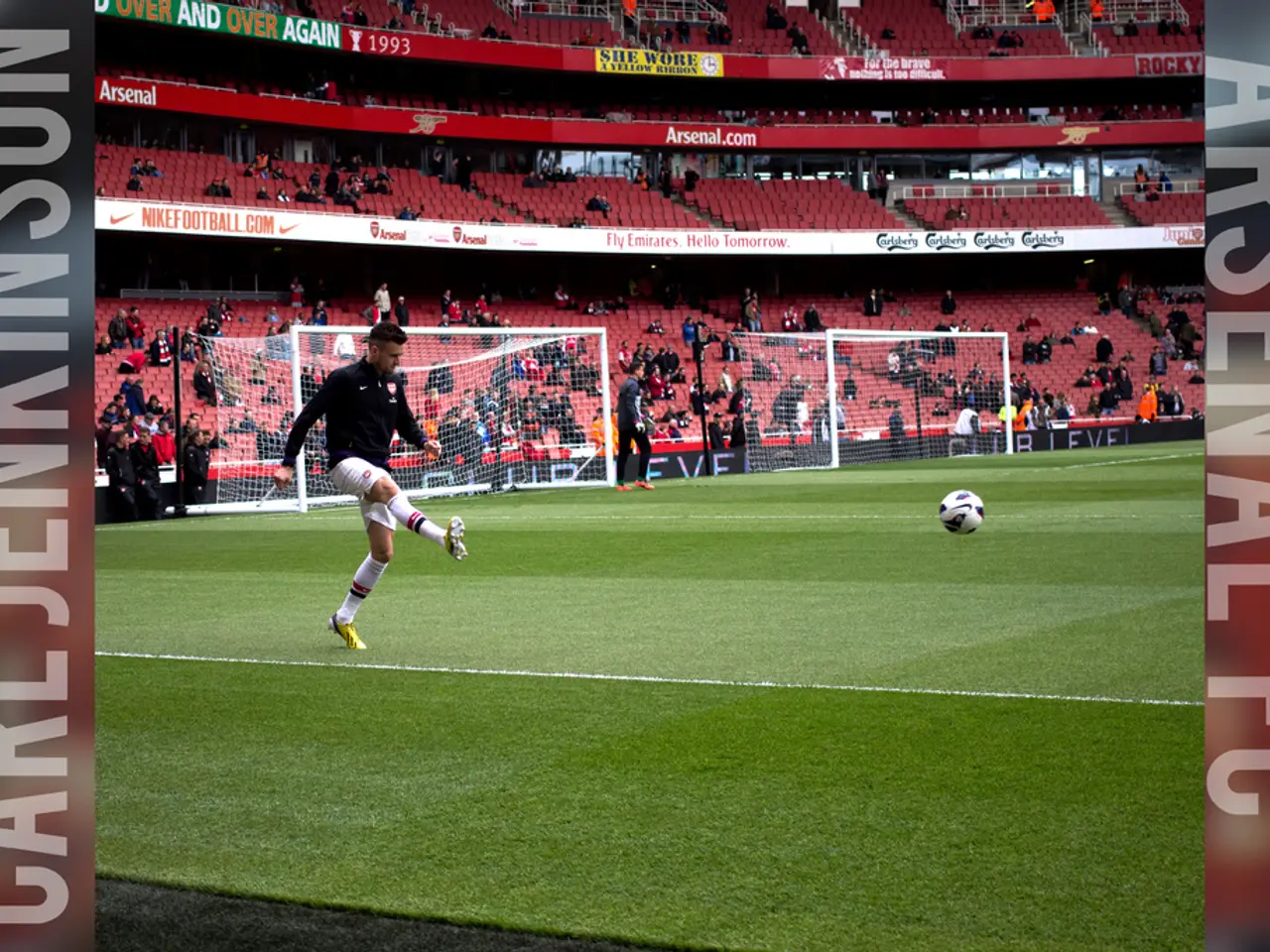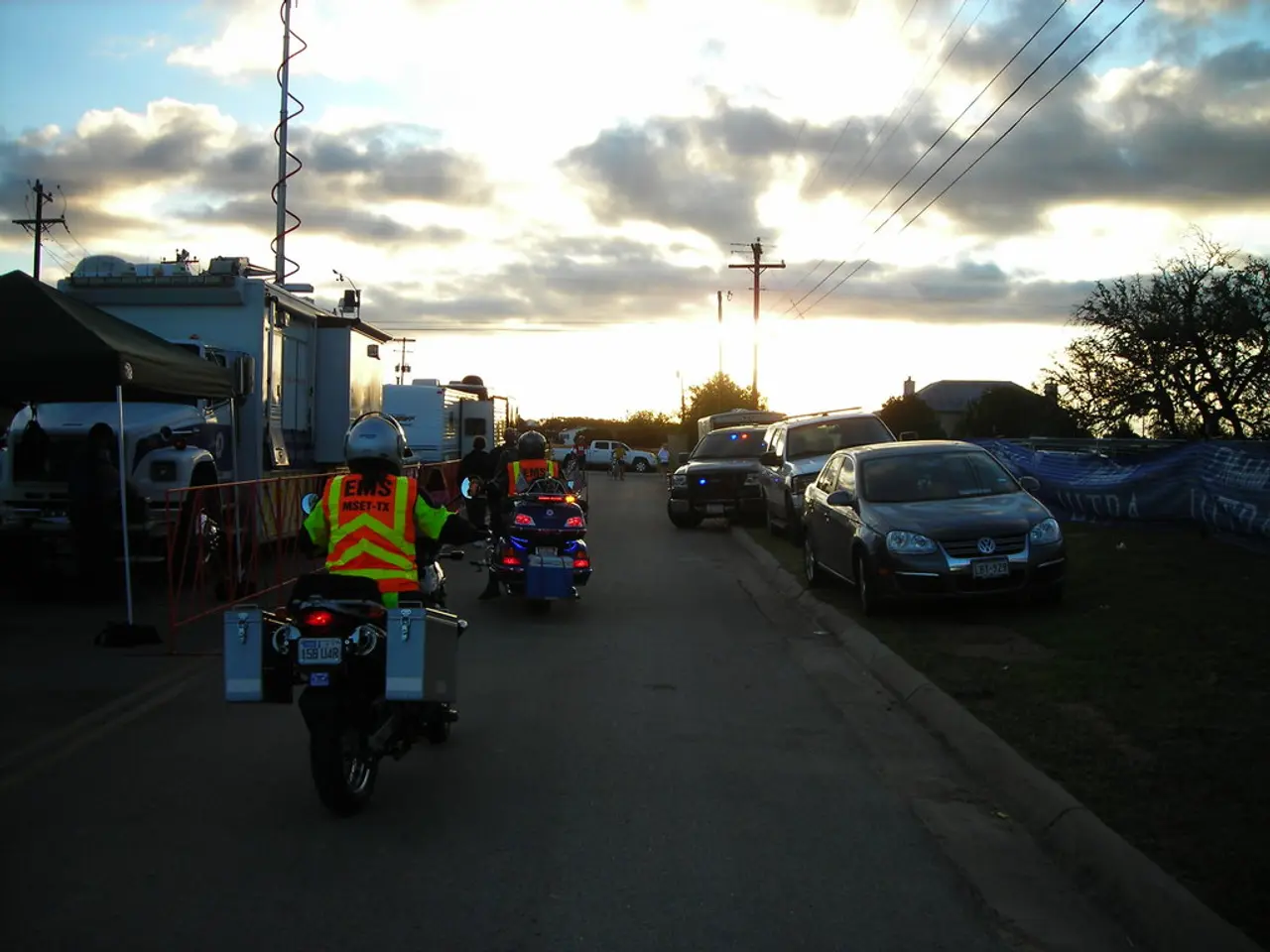Choosing the Right Pre-Owned Tow Vehicle: A Guide
When it comes to towing your caravan, finding the right vehicle is crucial for safety, efficiency, and peace of mind. Here are some key factors to consider when selecting a used tow car.
Towing Capacity and Legal Limits
Ensure your chosen vehicle's maximum towing capacity exceeds your caravan's Aggregate Trailer Mass (ATM) by at least 10-15% to maintain safety and reduce strain. Additionally, the combined weight of the car plus loaded caravan should not exceed the vehicle's Gross Combination Mass (GCM) limit. Always check local regulations on maximum towing limits and licence classes, especially for braked vs. unbraked trailers.
Engine Power and Towing Features
Vehicles with higher torque and horsepower typically tow better. SUVs like the Porsche Cayenne (up to 3,500kg capacity), Land Rover Defender (up to 3,500kg), and Volvo XC90 (about 2,700kg) have engines optimized for towing. Stability control systems, trailer sway assist, and nose load measuring systems improve safety and ease while towing and are worth considering if used cars come equipped with them.
Vehicle Type
Large SUVs and 4x4 vehicles usually provide the best towing capability. Examples include the Land Rover Defender and Porsche Cayenne for heavier caravans, and volumetrically spacious vehicles like the Volvo XC90 for both towing and carrying passengers or gear.
Finding a Reliable Used Tow Car
When buying from a private seller, it's important to check what the car has been towing and ensure the towball has been maintained properly. Reading reviews and reliability surveys is also essential. To verify towing packages and vehicle history, focus on maintained service records and any modifications for towing. Prefer vehicles with proven reliability and torque-rich engines. Check the integrity of the vehicle's suspension and brakes, as they must cope with towing stress. Use professional inspections and possibly road tests with a trailer attached. Consider the availability of spare parts and the cost of ownership for different models.
Other Considerations
If most towing takes place in the summer months and on hardstanding pitches, a 2WD might not justify the higher purchase price and running costs of a 4WD. Electric cars, hybrids, and plug-in hybrids are now approved for towing, with full hybrids and plug-ins having improved significantly as tow cars in the past few years. When buying a car without towing gear, consider the cost of having this fitted before purchasing. To ensure safety and legality, use the Maximum Technically Permissible Laden Mass (MTPLM) of the caravan instead of the Mass in Running Order (MiRO). The right fuel type for a used tow car depends on factors such as availability, cost, and personal preference. Compare the towing limits of both the manual and automatic version of the same model, as they're not necessarily the same.
In conclusion, aim for a vehicle with sufficient towing capacity (exceeding caravan weight plus safety margin), strong engine torque, suitable towing technology, and a reputable maintenance history to ensure safe, reliable caravan towing. For caravanners looking for the best SUVs for towing caravans, 4WD vehicles are often the best choice, especially for towing in winter or on farm campsites.
- When Buying guides for used tow cars are consulted, it's advisable to consider lifestyles that involve sports and outdoor activities, as these vehicles often have strong towing capability and optimized engines for towing.
- To accommodate various lifestyles, including sports and family-orientated beach holidays, some tow cars, such as the Porsche Cayenne and Volvo XC90, serve dual purposes by offering both towing capacity and spacious interiors for passengers or gear.







